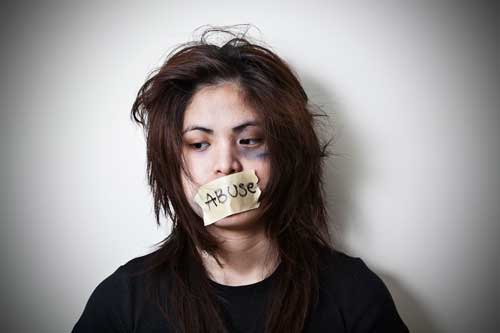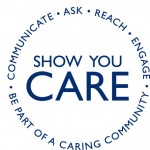How to Recognise the Signs of Domestic Violence

There are many types of domestic violence which is also known as spousal or child abuse. Remember that abuse can be sexual, verbal, physical or even mental. It is difficult to find out whether a friend or family member is being abused. However, seeing some cues, you will figure out whether the person is being abused or not. You are required to find out the person who abused your loved one and either confront them through the help of law enforcement in order to punish them. Keep in mind that anyone can be a victim of domestic violence.
Instructions
-
1
Seek for signs of injuries
You need to check for signs of injuries in a person who is likely to be suffering from domestic violence. Watch out for cuts and bruises on the victim which cannot be explained. Remember that most injuries occur on face, arms, legs or neck of a person who is the victim. Their bones are frequently broken. Keep in mind that many abusers hurt victims on or near the torso which cannot be easily seen. -
2
Watch out for bruises on lower arm
Look for bruises on the lower arm of the victim. They suffer these injuries in the process of defending themselves. Remember that many women hide these bruises impressively with the help of makeup. -
3
Watch out for signs of lack of sleep or extreme nervousness
You need to check for signs of lack of sleep or extreme nervousness in your friend or family member who is likely to be a victim. Keep in mind that many victims are successful in hiding the bruises but the lack of sleep and extreme nervousness are often indications that something is definitely wrong. -
4
Talk to family or friends of the victim
You need to talk to friends or family members of the person you think is a victim of abuse. Also, watch out for signs of stress or lack of appetite without any reason as this can often indicate domestic violence. -
5
Expressions of despair
When you listen to someone who talks about suicide or feelings of shame, it may be possible he or she is a victim of domestic abuse. Remember that domestic abuse victims usually have expressions of despair.







